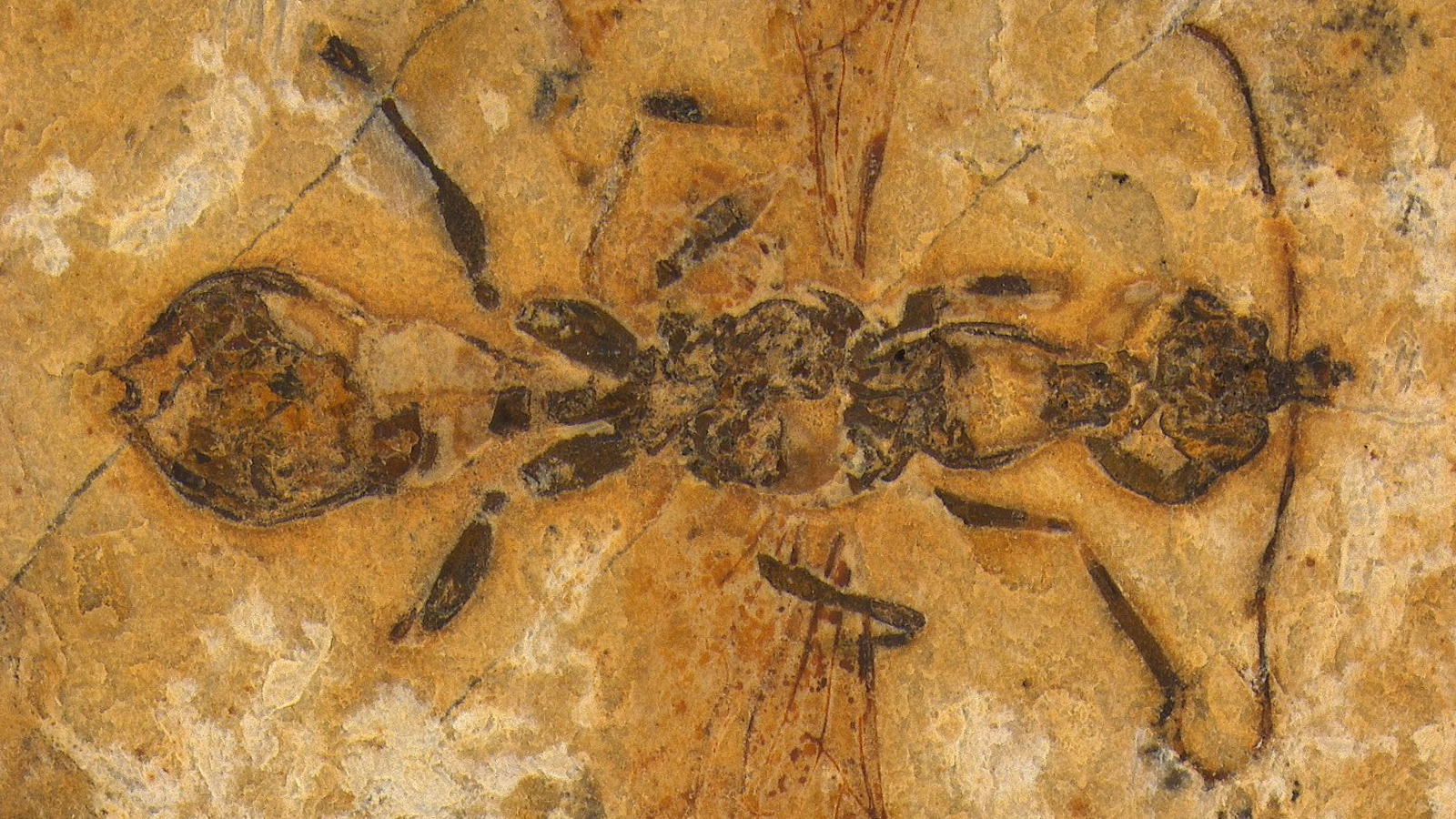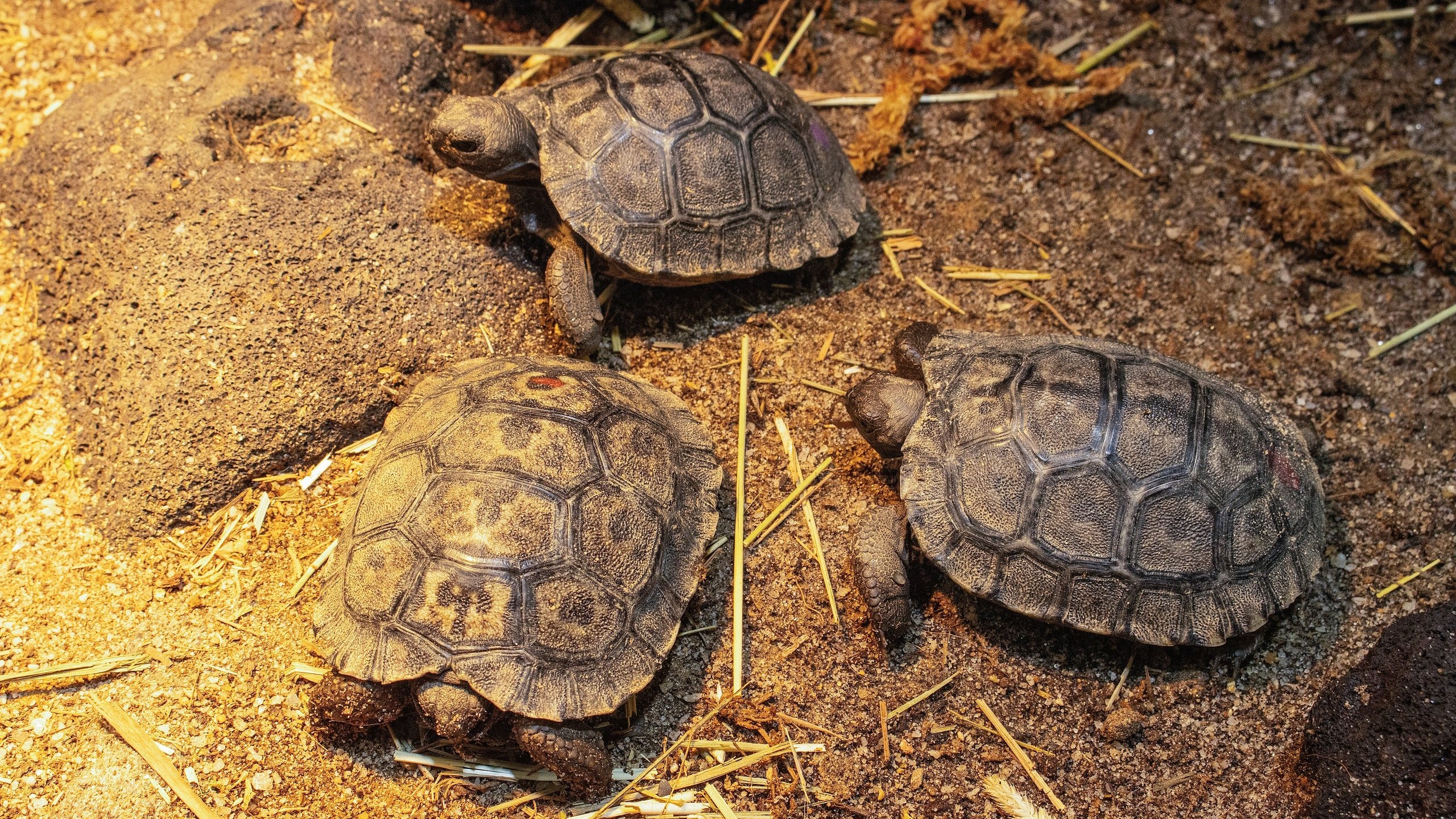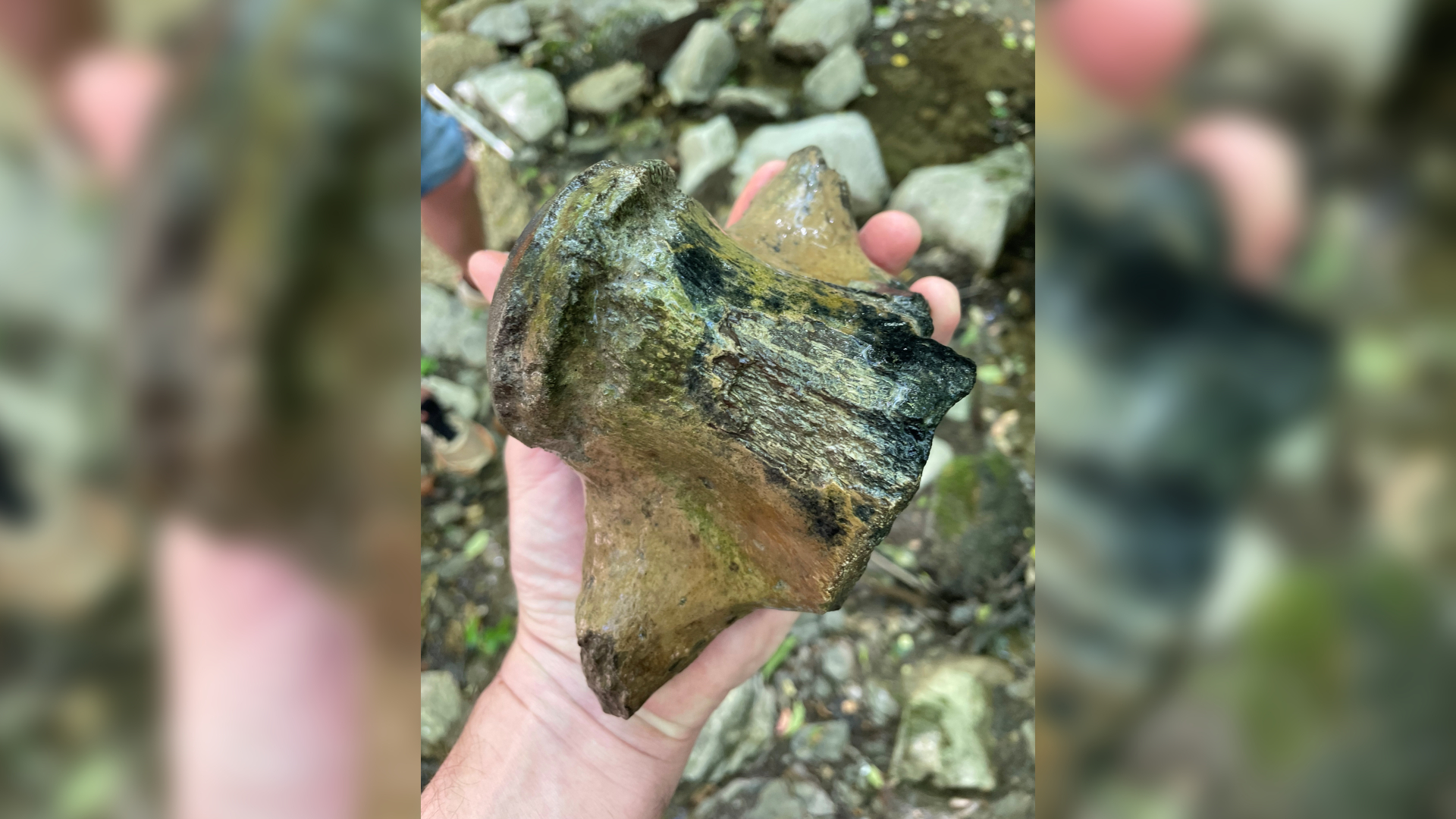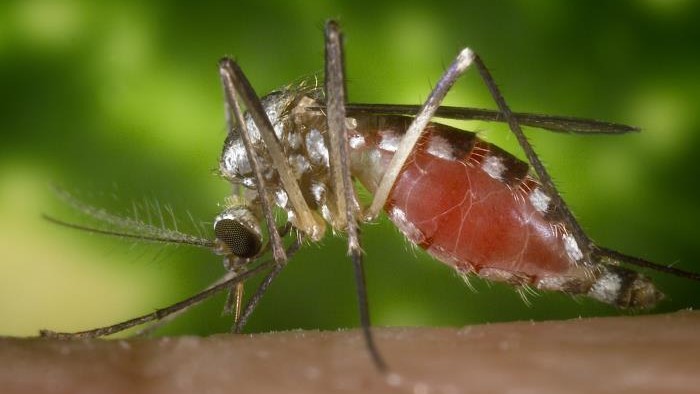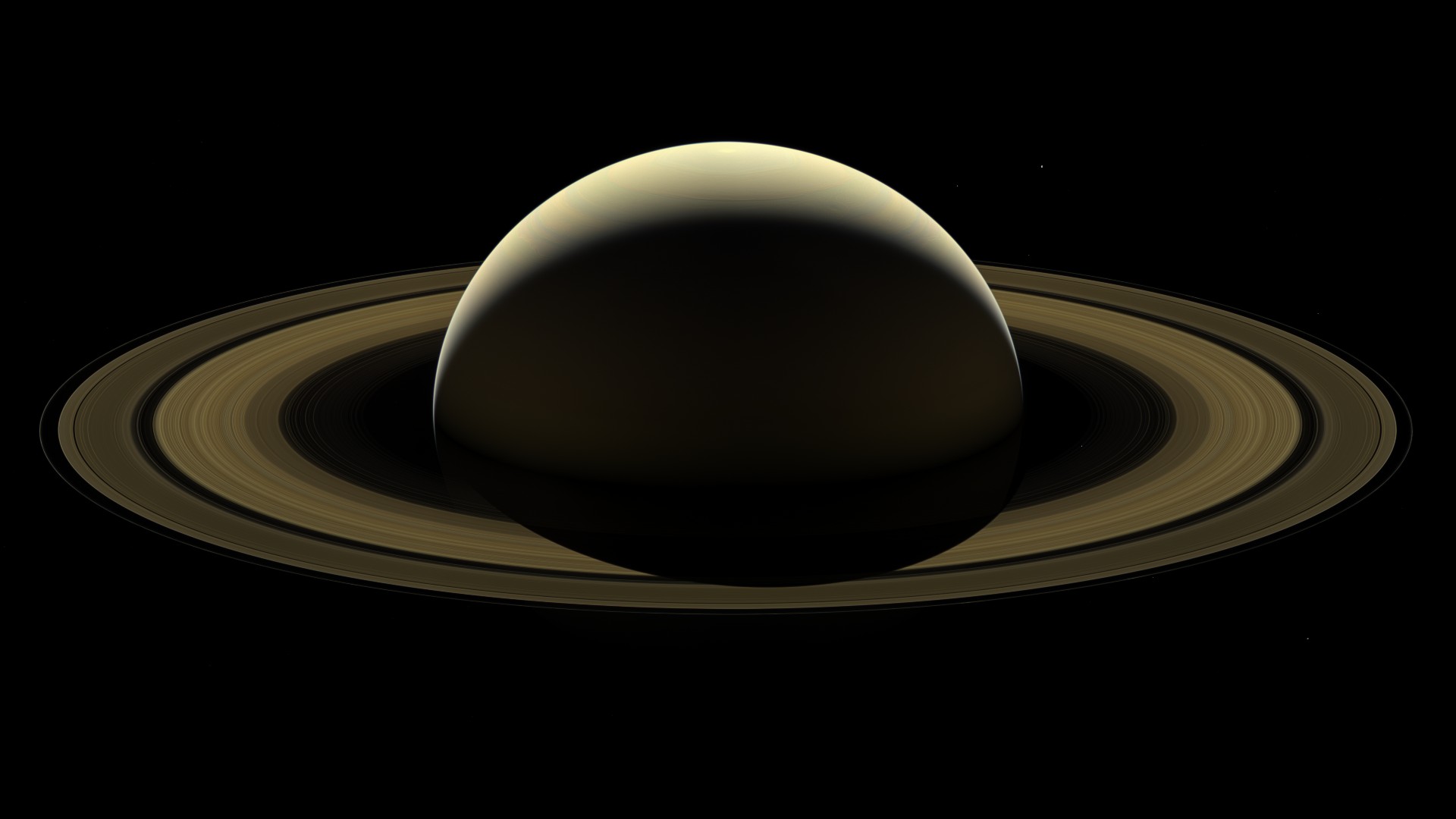Report: Ban Cloning or Prepare for Consequences
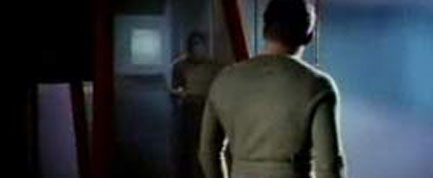
Human cloning should be outlawed or else the world community needs to prepare to protect clones from potential abuse and discrimination, according to a new policy analysis by the United Nations University.
A legally-binding global ban on work to create a human clone , coupled with freedom for nations to permit strictly controlled therapeutic research, has the greatest political viability among options available to the international community, says the report, "Is Human Reproductive Cloning Inevitable: Future Options for UN Governance," released Nov. 12 by A.H. Zakri, director of UNU's Institute of Advanced Studies, based in Japan.
More than 50 nations have legislated bans on efforts to create human clones, said report co-author Brendan Tobin, although the United States is not yet one of them. However, negotiation of an international accord foundered at the UN in recent years due to disagreement over research cloning (also called therapeutic cloning).
Without an international prohibition, human reproductive cloning in certain countries could be judged legal by the International Court of Justice, said Tobin, of the Irish Center for Human Rights, National University of Ireland, Galway.
“Failure to outlaw reproductive cloning means it is just a matter of time until cloned individuals share the planet,” Tobin said.
“If failure to compromise continues, the world community must accept responsibility and ensure that any cloned individual receives full human rights protection. It will also need to embark on an extensive awareness building and sensitivity program to ensure that the wider society treats clones with respect and ensure they are protected against prejudice, abuse or discrimination.”
There have been no substantiated claims of cloned human embryos grown into fetal stages and beyond, but such an historic event is not far off, most experts agree.
Sign up for the Live Science daily newsletter now
Get the world’s most fascinating discoveries delivered straight to your inbox.
Clones have been achieved with mice, cats, sheep, pigs, cows and dogs and U.S. researchers last summer accomplished the first cloning of a primate—a rhesus monkey embryo cloned from adult cells and then grown to generate stem cells.
Reproductive vs. therapeutic cloning
The report calls the prospect of human cloning “one of the most emotive and divisive issues to face UN negotiators and the international community in recent years.”
Efforts in 2005 to negotiate an international convention fell through over so-called research or therapeutic cloning. Whereas reproductive cloning is meant to duplicate a person or animal, research cloning is meant to produce tissues that genetically match those of the person or animal whose cells are cloned.
Proponents of research cloning for regenerative medicine say it offers great hope of producing replacement tissue without the fear of immunological rejection, and that it offers a potential cure for millions of people suffering common diseases of the industrialized world—diabetes, stroke, spinal injury and neurodegenerative diseases such as Alzheimer’s or Parkinson’s.
Opponents view research cloning as the unethical production and destruction of living embryos to produce stem cells upon which such therapies are based. The clash of positions led to a compromise non-binding UN Declaration on Cloning.
Ethics
The report explores in depth the difficult ethical considerations behind the issue. Some cloning opponents claim reproduction should occur by chance and through natural selection. This argument may be based upon religious lines, or to natural selection and the importance of ensuring continued human diversity.
Others claim that cloning will turn human life into a commodity, leading to a spare parts market for harvesting human organs from cloned “brain-less bodies” for the rich as they seek to extend their lifespan.
“These are not issues which can be lightly dismissed," the authors wrote. "However, it is clear that any debate on human dignity needs to separate the various elements of the debate in order to consider whether opposition to cloning stems from concern for human dignity or respect for divine dignity.”



